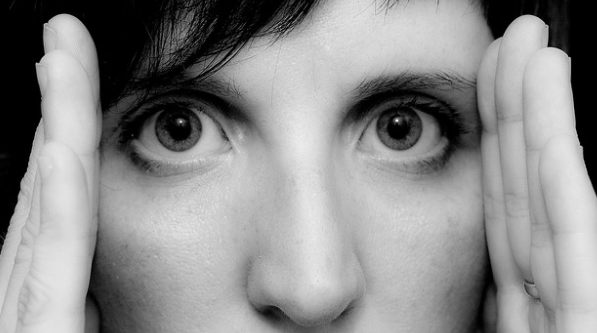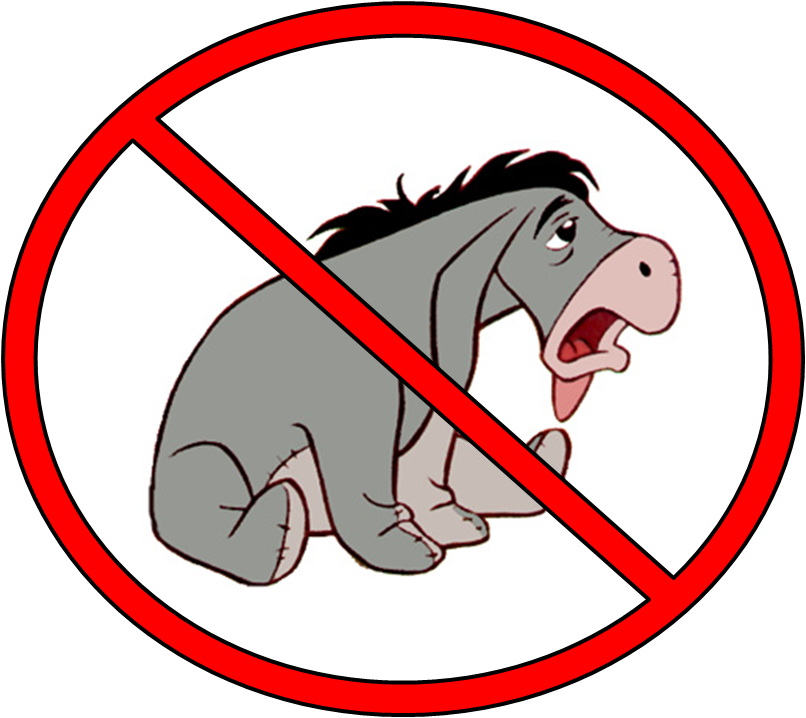Browse Blog Categories
- General (90)
- Business (94)
- Business Coaching (71)
- Business Management (97)
- Business Systems (25)
- Entrepreneur (71)
- Executive Coaching (34)
- Family Business (83)
- Leadership (99)
- Management (91)
- Marketing (16)
- Profitability (19)
- Sales (18)
- Speaking Topics (5)
- Success In Business (97)
- Team Building (41)
- Time Management (3)
Janna's Blog
 Have you ever had a perspective that you wouldn't release? Did it turn into a fear that became unfounded? Recently I realized that my own "view of things" blinded me to joy and potential, and left me in a state of fear.
Have you ever had a perspective that you wouldn't release? Did it turn into a fear that became unfounded? Recently I realized that my own "view of things" blinded me to joy and potential, and left me in a state of fear.My husband and I have owned a lake house in New Hampshire for over 25 years. There are many stories, memories, and experiences from that lake house, and it has always been our dream to spend summers there when we stop working full time. (Notice I didn't say retire.) In preparation for that time we will be remodeling the cabin over the next few years. The first step is building a garage so we can take a vehicle to New Hampshire and leave it there. Watch out Hertz, your profits will tumble when we stop renting cars!
Part of this process has required taking down some trees so we can fit this garage, and it was stressing me out. When a tree is cut there is no going back. Was this the right thing to do? Were there other options? Would I like it once the trees were cut? Was the garage in the right place? (There wasn't any other choice, but that didn't change my fear.) What would the neighbors think? My mind kept going through all the bad stuff, all the fears, all the negatives.
The day they started cutting, I was 2000 miles away in Colorado and not able to see what was happening or what it looked like. My fear remained with me.
Two days after the trees were cut I needed our local handyman to stop by and check on something for me. In talking with Horace, he commented on how GREAT the place looked with the trees down. What? The place looked GREAT with the trees down? What a perspective. What a new concept. It had never crossed my mind that the place would look even BETTER without the trees. I was almost in tears as he shared this freeing perspective. It was as if 1000 pounds was released from my shoulders.
How often are we carrying more than we need in our business environments and our personal lives? I was given a gift by Horace that day: a gift of removing my blinders and looking at things from a new perspective. Where are your blinders? Is someone offering you another perspective on your customers, your business environment, your fears? Are you listening?
Taking off my blinders allowed me to start having fun with the garage project. I have since seen the result, and Horace was right. It does look good. How much nervous energy did I needlessly expend in wondering (and yes, I'll admit it, worrying) and driving those around me crazy?
Where are your blinders? What do you need to do to remove them and allow yourself a fresh perspective?
This is an excerpt from my upcoming book, "The Backpacker's Guide to Business Success."
 “If you don’t know where you are going, every road will get you nowhere.” – Henry Kissinger
“If you don’t know where you are going, every road will get you nowhere.” – Henry Kissinger
My first backpacking trip was fun—especially when the pack was off! Only after multiple trips did I learn how the backpack could almost be part of me, to the point that I didn’t feel the weight or even think about this 35- or 40-pound thing on my back. We moved together. We were attached, and that was good. This change happened because I learned that the planning and preparation part of the trip was as important as the actual physical part of backpacking. Planning was required--my attitude needed to be in balance, the people that came along were critical, and having the right gear made a tremendous difference.
All the work that takes place before you actually step foot on the mountain determines how much fun you will have on the mountain. And the same is true in business: the quality of your planning determines whether or not you will succeed. Yet, statistics reveal that people spend more time planning for vacations than they do for their business or careers.
In the wilderness, lack of preparation and planning creates forest fires, millions of dollars spent on rescues, and loss of life. The same lack of preparation and planning in business creates failed projects, debt, and loss of productivity.
Plans can be changed and often should be changed. New opportunities, new ventures, road blocks, or changing interests will alter our plans. Yet the possibility of change is no reason not to have a plan. By the time I graduated from Suffolk University in Boston, with a degree in sociology and an emphasis in crime and delinquency, I had determined my true passion was in business. I look back on my career and wonder what I would be like if I had gone ahead and worked with delinquents, just because that was my “plan.”
From the outside, it certainly looks like my plan changed. But my fundamental goal—the foundation of my “plan”—has never changed. I always wanted to help people, impact lives, make a difference. I am just doing it in a very different way than I envisioned. The reality is my plan hasn’t changed. The execution of the plan and the path I took changed, but not the fundamental purpose. The same is true on the mountain. No matter how much I know about the path I'm walking, the journey is always a surprise beyond my imagination.
It is ok to change the plan, but there is a profound difference between intentional course correction and unintentional wandering. You know you are wandering if you wonder where you are going and when you will arrive—especially if you wouldn’t recognize arrival if it stood in front of you!
That is why life is often called a journey. I use the word journey intentionally. There will always be a mountain to climb and the opportunity to grow as long as I draw breath. About some of the journeys, I will have clarity; others, not so much. Some journeys will be more difficult, some easier. But the attitude in which we approach each of the different journeys can make the difference between the outcome of “I did it!” and the outcome of “Is that all there is?”
 Let’s start with a story.
Let’s start with a story.Two business owners are in the same market, offer essentially the same products, target mutual markets, and yet at year end, produce very different results. One business is doing well, the other is doing poorly. One business owner seems on top of their game, the other isn’t succeeding. One business is growing, the other business is barely scraping by and the owner is beginning to wonder whether it is time to sell, or maybe just shut the doors.
What is the difference between the two businesses? There can be any number of factors to consider. Perhaps the owners differ in the amount of knowledge and skills they have for running a business; there may be a difference in the systems which have been put into place--or maybe they are missing altogether. Consider the team that drives the business forward, how pricing is determined, how marketing is presented, and how sales are made. Many factors play into the success and growth of a business. Yet, there is one characteristic that creates the largest differentiator between the two business environments: the mindset of the owner and/or leadership. What is their perspective on every situation, every economic obstacle, every customer, and perhaps on life in general? The attitude of leadership sets the tone for the environment of the business.
Is there a pervasive attitude similar to Eeyore, the donkey friend of Winnie-the-Pooh? In this type of environment the we get below-the-line thinking which produces a string of blame, excuses, and denial manifested in “woe is me” attitudes such as life is hard, this is what happened, I don’t get the same opportunities as others, the economy is really hurting, etc. In below-the-line thinking we often hear people blaming someone else, producing excuses for why things didn’t get accomplished, and denying that their attitude is a main source of the issues at hand. Below-the-line thinking creates a reason for everything and generates a need to offer explanations.
On the other hand, the attitude that propels above-the-line thinking is more like Pooh’s friends Kanga or Owl. Above-the-line thinkers accept ownership, accountability, and responsibility for everything they do. They understand that what they cannot control (economy, taxes, etc.) is only 10% of life, but what they have great control over is 90% of their life. This is what Stephen Covey, author of The Seven Habits of Highly Effective People, calls the 90/10 rule. How your day goes is totally up to you, as is how you react to the difficult situations and even the successes you achieve through disastrous times. Steve Jobs got fired from Apple which most likely was not what he called the best day of his life, yet without being fired from Apple he would not have created Pixar and NeXT which are part of the foundation of the Apple products we love today. Above-the-line thinking creates results, and results don’t require explanations. They speak for themselves.
Ready to get started
Call or contact Janna Hoiberg online to schedule a free, initial consultation.
There is no obligation and you're guaranteed to learn a few new things about your business.